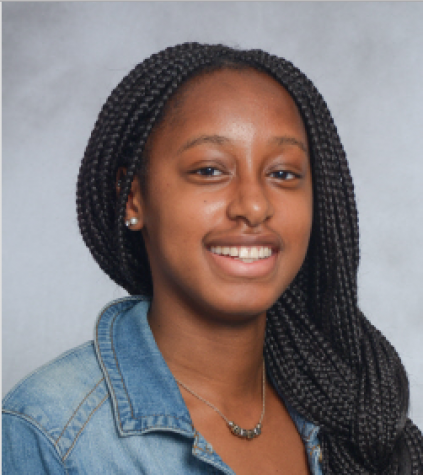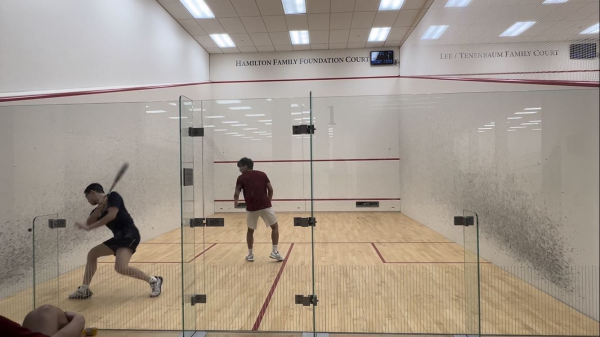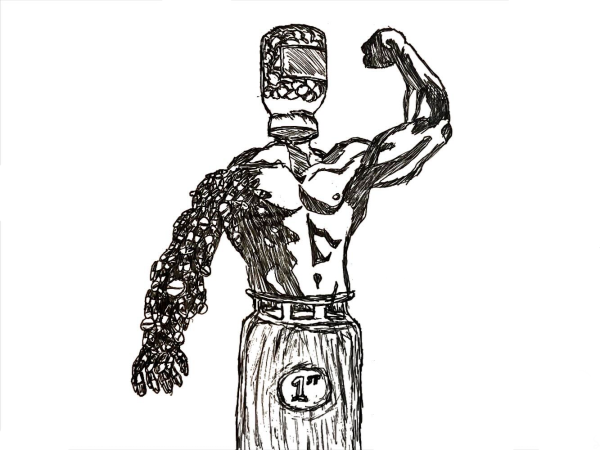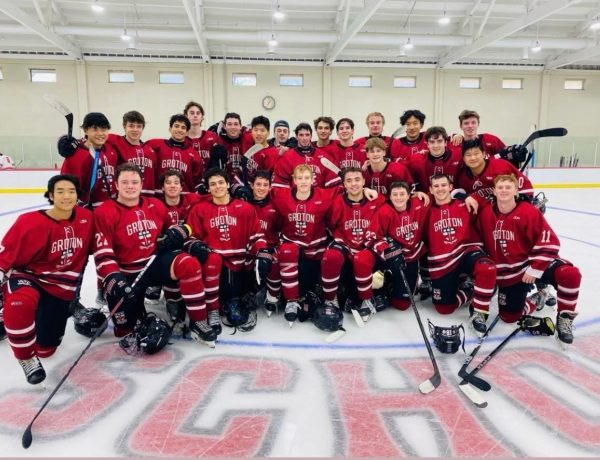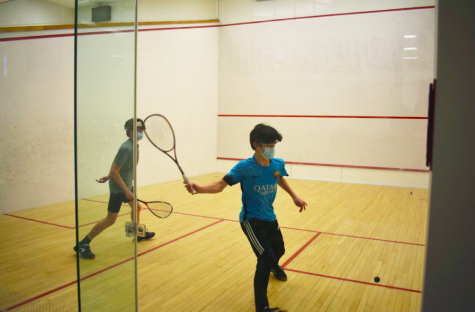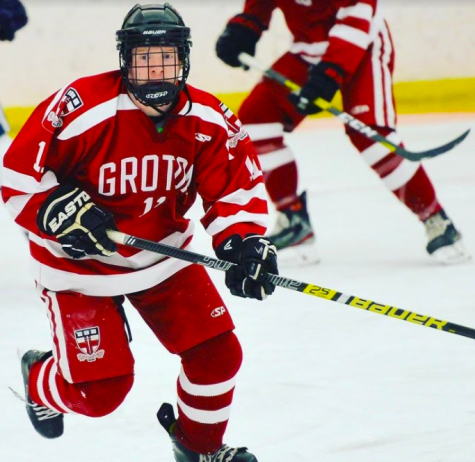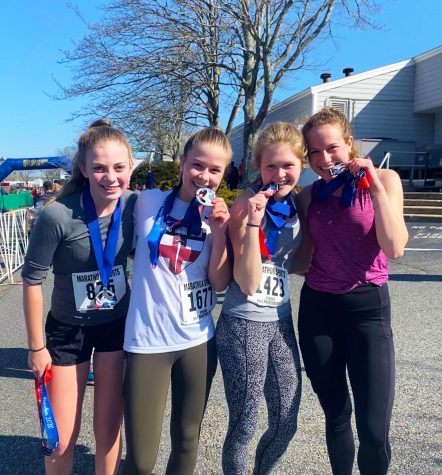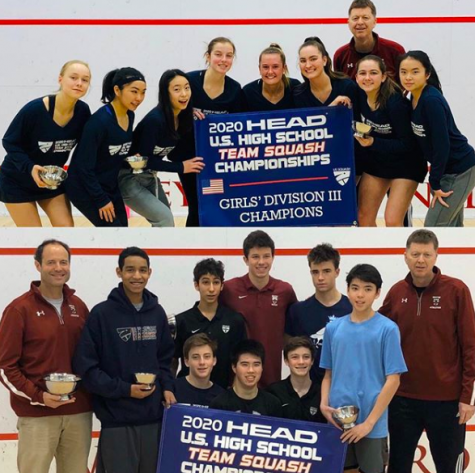Specialization in Failure
Sports Specialization and Supplements at Groton
The panel and Mr. Cheeks.
The desire to compete at the collegiate level has pressured kids across the country into specializing in a single sport and taking supplements of questionable quality. This dangerous combination has serious consequences that extend even into the Circle.
Discussion about the hazards of specialization and supplements was sparked after three instructors of orthopedics and sports medicine came to speak on January 5 about the consequences of such actions.
The panel was the first step in trying to educate students about the benefits of cross training while still young. As Assistant Athletic Director Harold Francis said, certain sports assist other ones, and so it can be beneficial for athletes to participate in more than one. He also felt the lecture was relevant for those students taking supplements without understanding what they’re putting into their bodies.
Mr. Francis and Head Athletic Trainer Art Cheeks both agreed that students at Groton typically specialize outside of school though elite teams. Mr. Cheeks also commented that specialization at Groton is focused more in some sports than others.
According to the athletic department, the number of athletes who play varsity sports year-round has dropped significantly. Because the school has a small student body, this specialization has ramifications on numbers. As students branch out less, Thirds teams are dwindling. This past fall, there were too few players to make up a Thirds Field Hockey team.
Often having a steady player on the team is the difference between winning the game or not, even if he or she doesn’t score any goals. Mr. Francis emphasized the importance of being an impact player scoring goals in one sport versus a role player in another one, saying that such variety makes for better overall athletes.
The athletic world has been hotly debating the pros and cons of early sports specialization for a while now. Earlier this month, the Huffington Post published an article about the topic. It examined a study conducted at Loyola University, which found that specialized participants “were 70 to 93 percent more likely to be injured than children who played multiple sports.”
The intensely competitive college recruiting process is a major factor driving young athletes to reach for such impossible heights. Students who wish to play at the highest levels of their sport feel they have to limit their scope. However, Mr. Francis said, many college coaches are beginning to look for more multitalented athletes.
The popularity of specialization is founded in some fact – there is a short-term advantage to it. But at some point, other players begin to catch up and factors like natural skill become much more relevant. The question is not whether or not to specialize, but when to specialize. Many push for waiting until after puberty because of health concerns. As Mr. Francis said, “Malcolm Gladwell’s 10,000 hours make sense only after adolescence, once the body has fully developed.”
The greatest difficulty Groton faces is how to go about monitoring such specialization. Mr. Francis remarked on the difficulty of avoiding stifling students’ passions while preserving their health. Many specialized students do work within the school’s athletic requirements, leaving no reason for intervention by the school.
The school is also struggling with the league-driven pressure to have more games. The time demands on tri-varsity athletes are enormous, between extended practices and numerous games throughout the season. Compared to its peer schools, Groton has fewer games, but that number has risen significantly in the last twenty to thirty years.
Mr. Cheeks does see more overuse injuries, especially back injuries, than he did five years ago, which he attributes to specialization. The rise in number isn’t extreme, but the one or two additional injuries a season adds up. Often these students are injured while playing for club teams over the weekend.
And as for supplement use at Groton, Mr. Cheeks said he has noticed it growing mainly in the male population. Many of these products are not FDA-approved and try to dupe consumers with false claims in order to turn a profit. More often than not, such supplements are redundant because the body can only process so much of them.
The Athletic Department recently began to provide Gatorade’s equivalent to chocolate milk, a protein boost for post-activity recovery. “If we can provide a safe alternative to all the junk that is out there,” Mr. Cheeks said, “then perhaps we would see less in the form of the ‘GNC’ variety supplement. Those supplements are not FDA approved and are often manufactured in less than sterile labs and facilities.” The Gatorade products provided at Groton are lab-tested, quality-controlled, and free of unnecessary products and any foreign materials that may harm students.
Since Mr. Francis arrived on the Circle three years ago, there hasn’t been an issue with a student overindulging in supplements. But, like everyone who works at Groton, he is concerned about the wellbeing of the student population. “It’s about helping kids know what to take and how much of it,” he said. “We can’t stop people from buying supplements, but we can help instruct students about what is valuable.”
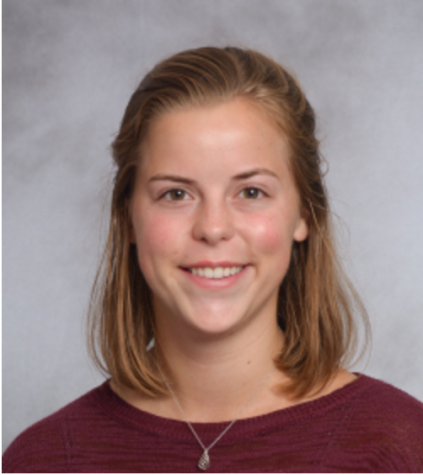
Hadley Callaway '17 hails from North Carolina and has written for The Circle Voice since Second Form. She previously served as Assistant Editor for the...



